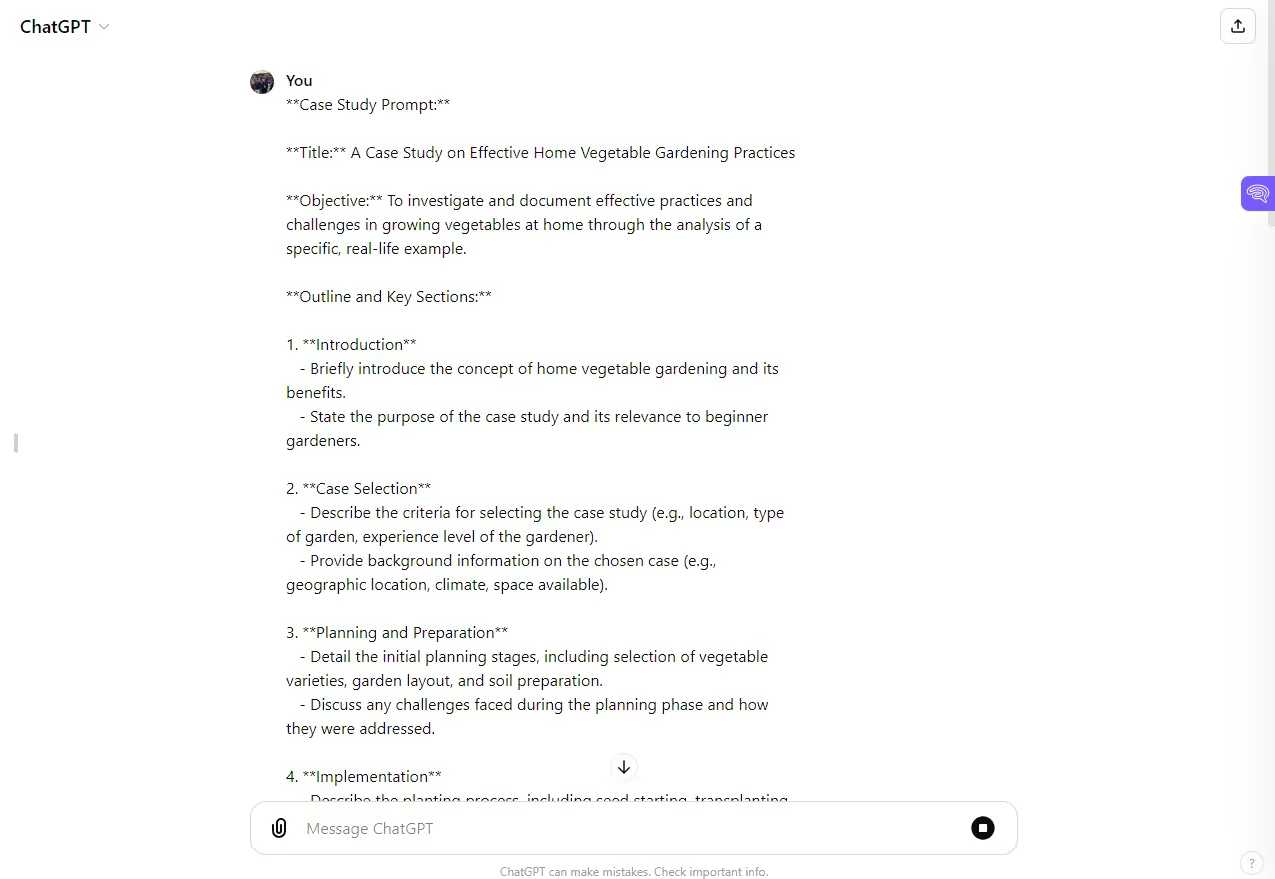
With the advancements in generative AI coming thick and fast and the clear increase in AI content generation across industries, it’s more important than ever to call upon a reliable and accurate AI content detector.
However, while many plagiarism checkers and AI detection tools have good intentions, not all of them have the same efficacy.
As part of our AI detector review series, we are looking into some of the market-leading AI and plagiarism detection tools to see if you should trust or avoid them.
Here, we will discuss the following:
Duplichecker started as a free plagiarism checker, allowing users to check their content for plagiarism. However, in response to the launch of ChatGPT, Duplichecker created an AI content detector to help users identify AI-generated content from human writing.
There is no denying the overall increase in AI content generation, and as a result, more of what you read online is generated to some extent. This is accompanied by rising concerns that AI is being used for academic writing.
Due to this increase, many people are searching for an AI detection tool that provides them with clarity so they know if content is trustworthy and genuine or a rehash of past publications.
Step 1: To see if Duplichecker was a good option for your AI content detection needs, we put it to the test by creating three different forms of AI content and running these through their system.
Step 2: When picking the three types of content, we opted for three of the most popular uses of AI: blog posts, research papers, and case studies.
Step 3: For the test, we used a detailed prompt to generate content within ChatGPT as it remains the most popular AI tool for content generation.
Step 4: We then took that content word-for-word and pasted it into the Duplichecker AI Content Detector, noting down the results. Then, for comparison, we also took that exact copy and ran it through Originality.ai to see if there were any noticeable differences.

Prompt: "Write a detailed blog post on how to grow your own vegetables at home. The post should be aimed at beginner gardeners and cover the following topics:
The tone should be informative, encouraging, and friendly. Include practical tips and actionable advice throughout the post.
Keywords: home vegetable garden, beginner gardening, growing vegetables at home, urban gardening, organic gardening, vegetable gardening tips, sustainable living.
Call to Action: Encourage readers to subscribe for more gardening tips, follow on social media, and share their gardening photos and stories."
Originality.ai AI Detector — 2.0.1 Standard Score: 100% AI & 0% Human-written

Duplichecker Score: 0% AI & 100% Human-written


Prompt: "Now, please turn that information into a research paper about the importance of locally sourced vegetables."
Originality.ai AI Detector — 2.0.1 Standard Score: 100% AI & 0% Human-written

Duplichecker Score: 0% AI & 100% Human-written


Prompt: "Now turn it into a case study.
Title: A Case Study on Effective Home Vegetable Gardening Practices
Objective: To investigate and document effective practices and challenges in growing vegetables at home through the analysis of a specific, real-life example.
Outline and Key Sections:
1. Introduction
- Briefly introduce the concept of home vegetable gardening and its benefits.
- State the purpose of the case study and its relevance to beginner gardeners.
2. Case Selection
- Describe the criteria for selecting the case study (e.g., location, type of garden, experience level of the gardener).
- Provide background information on the chosen case (e.g., geographic location, climate, space available).
3. Planning and Preparation
- Detail the initial planning stages, including selection of vegetable varieties, garden layout, and soil preparation.
- Discuss any challenges faced during the planning phase and how they were addressed.
4. Implementation
- Describe the planting process, including seed starting, transplanting, and direct sowing.
- Highlight any specific techniques used, such as companion planting, crop rotation, or use of raised beds.
5. Maintenance Practices
- Document watering routines, mulching, and weeding strategies.
- Discuss pest and disease management techniques employed, focusing on organic solutions.
6. Harvesting and Outcomes
- Provide details on the harvesting process for different vegetables.
- Analyze the yield and quality of the produce.
- Discuss any storage or preservation methods used.
7. Challenges and Solutions
- Identify key challenges encountered during the gardening season (e.g., weather conditions, pest infestations).
- Discuss how these challenges were overcome and what solutions proved effective.
8. Lessons Learned
- Summarize key takeaways and insights gained from the case study.
- Provide recommendations for other beginner gardeners based on the experiences documented.
9. Conclusion
- Recap the main findings of the case study.
- Highlight the potential benefits and feasibility of home vegetable gardening for others.
- Suggest areas for further exploration or improvement.
Keywords: home vegetable garden, case study, beginner gardening, growing vegetables at home, organic gardening, sustainable living."
Originality.ai AI Detector — 2.0.1 Standard Score: 100% AI & 0% Human-written

Duplichecker Score: 0% AI & 100% Human-written


While this is a small sample size, the initial outcomes suggest Duplichecker's AI detection software may not be accurate.
With each example where we pulled 100% AI-generated content from ChatGPT without changing it, Duplichecker believed each piece of content was 100% human-written.
The key takeaways? Conduct further checks and comparisons before you commit fully to using the Duplichecker AI detection tool.
Looking for more information on the accuracy of AI content detection? Read our AI Content Detector Accuracy Review. Then, review a Meta-Analysis of Third-Party Studies on the performance of the Originality.ai AI detector.
Duplichecker AI is a free AI content detection tool that allows users to attempt to identify AI-generated content.
Similar to other AI tools we have reviewed, Duplichecker started as a free plagiarism software before branching out into the world of AI content detection.
While there is no issue with AI-generated content in the proper context, openness and transparency should always be provided to readers when doing so.
